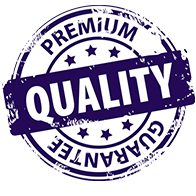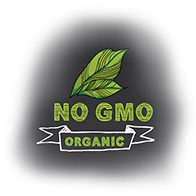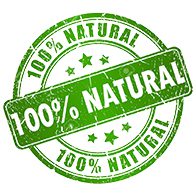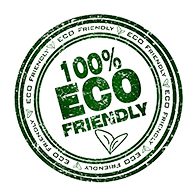
Introduction to Organic Granular Fertilizers
Granular fertilizer can easily enhance the quality of your soil, regardless of what you plant in it. With the feature of slow release, this fertilizer can slowly affect the soil without any damages. Granular fertilizer can feed the plant, trees, flowers, or keep your lawn lush.
The Right Fertilizer for Tomatoes
People who have ever planted tomatoes know that tomatoes do not only need the basic fertilizers; they also need many other nutrients at different growth periods. They need nitrogen for leafy growth, phosphorus is good for their roots and flowers, and their tasty juice benefits from potassium. Furthermore, other micronutrients are essential, such as calcium and magnesium.
Tomato Problems without Fertilizers
Just like humans cannot survive without food, plants also cannot thrive without fertilizers. We can tell the problems from plants’ performance. Please check below:
- Yellowing leaves indicate nitrogen deficiency
- Blossom end rot indicates a calcium deficiency
- etc.
Organic vs. Synthetic Fertilizers Chart
| Feature | Organic | Synthetic |
|---|---|---|
| Source | Natural (compost, manure, etc.) | Man-made chemicals |
| Release Time | Slow | Fast |
| Soil Health | Imporves over time | Can degrade it |
| Risk of Burn | Low | High |
| Eco-friendliness | Very | Not so much |
Types of Organic Tomato Fertilizers
Compost
Compost is usually used in rural areas, especially in some remote countryside. This kind of fertilizer has the features of less- cost and no pollution, which is full of nutrients and beneficial microbes.
Manure
In the countryside, manure is abundant from cows, horses, and chickens. They are rich in nitrogen and phosphorus. Just make sure it’s well-composted, because new manure can be excessively “hot” and hurt your plants.
Fish Emulsion
Fish emulsion is a kind of liquid fertilizer; it smells a little fishy and is full of nutrients that plants can easily absorb.
Seaweed Extract
Tomatoes can get much potassium and vitamins from seaweed. Seaweed extract also contains hormones that promote plant growth. Kind of like a multivitamin!
Bone Meal & Blood Meal
- Bone meal can provide phosphorus for roots and flowers.
- Blood meal can offer nitrogen for lush foliage.




















